SLOVIANSK, Ukraine — The Russian missile exploded on the street early Tuesday as residents in the surrounding apartments were asleep.

It left a gaping hole in the asphalt and extensive damage to a school and a half-dozen residential buildings. Three died, six were injured.
Standing outside her second-floor suite lamenting its shattered windows and ruined balcony, a woman said she was leaving Sloviansk for Kyiv.
“It’s horrible,” she said of the war.
Sloviansk appears to be the next target of Russia’s three-month-old invasion as it tries to take control of Ukraine’s eastern Donbas.
Russian forces are just 12 kilometres northeast of Sloviansk in Lyman, and are pushing toward the industrial city, and nearby Kramatorsk, from Izyum.
Seizing the cities could give President Vladimir Putin a claim to success after his attempts to capture Ukraine’s biggest centres failed.
Driven back from Kyiv and Kharkiv, Russia has focused its forces on the more limited goal of seizing the Donetsk and Luhansk regions, known as the Donbas.
Another attack followed on Wednesday as Ukrainians were marking the first day of their summer. Three homes were destroyed and 10 more damaged.
The head of the city’s military administration, Vadim Lyakh, urged residents to flee Sloviansk. “Don’t wait for it to fly to you!” he wrote on Telegram, referring to the rocket and missile attacks. “Evacuate!”
Most have already left but military analysts are unconvinced that Russian troops will be able to overcome the Ukrainian defences, and a soldier said in an interview his forces were ready.
“Yes of course we are worried, but at the moment we are doing everything to meet them and we are trained for it,” said Nik, at a military base in Sloviansk.
“We will do everything to defend and protect our territory,” said the member of the civil defence force, who did not give his surname.
The next two weeks will be critical, said Kramatorsk Mayor Oleksandr Honcharenko.

Get daily National news
Roughly 60,000 people who remain in the city of 220,000 were watching and waiting, he said, but the bulk of the Russian forces are on the other side of the Donets Siverskyi River.
“I personally hope and I’m sure that it will be not possible for Russians to cross the river,” Honcharenko said in an interview at his office.
Despite the regular pounding of artillery guns and daily air sirens, about a third of shops remain open as well as four bank branches, he said.
No rockets or missiles had hit the city in several weeks, though one was recently shot down, according to the mayor.
“For the moment, if you compare the situation in Kramatorsk with the situation in other cities around Kramatorsk, I would say the situation is more or less quiet because the Russians didn’t attack us during the last two to three-and-a-half weeks,” he said.
“The people are not in panic.”
The fate of Kramatorsk depended on holding the lines against the Russian advance in the crescent-shaped eastern frontline. He said that would require more weapons from international supporters.
He said his city would not fall because the Ukrainians were defending their land, while the Russian soldiers were unmotivated.
“They do not understand for what they are fighting and this is a big difference. And our army is highly motivated, our soldiers are fighting for our country, and the Russians seem to fight for … TVs and refrigerators to take back to Siberia,” he said.
“For some of them, it’s a job.”
Kramatorsk experienced one of the worst atrocities of the Russian invasion on April 8. As women and children were waiting at the train station to be evacuated, a Russian cluster bomb exploded over the crowd.
“It was so loud,” said Anton Molusky, who was there helping coordinate the evacuation. He said the missile released bomblets that spread out and dropped over the rail station.
He tried to run inside the building but was knocked over in a heap with others fleeing the explosion. He said when he got up, some of those overtop him were injured and dead.
Fifty-nine died, among them seven children. Photos of the scene showed the missile with the words “For children” written on the side.
As the city’s air raid sirens blared once again, Molusky said Ukraine needed more help fighting off the invasion. Asked if he would leave if the Russians approached, he said it was a “very difficult question.”
“I believe in our army,” he said.
Subsequent Russian attacks in the city have similarly targeted civilians. In a residential neighbourhood struck by a missile on May 5, Albina Vonomarova stood in front of her damaged apartment building and gestured at the park facing her first-floor apartment.
“We had such good flowers, and you see now what’s happened,” she said. The park where she said kids once played and neighbours sat together to drink tea was a wasteland.
“I can’t understand, I’m not good in politics,” the 70-year-old said.
“For me it’s crazy. We lived like brothers,” she said of the Russians, “and now I can’t understand how it’s possible to kill kids, elderly people, youths.”
Waiting in a food line outside a humanitarian distribution centre, Tatyana said she heard the sound of artillery shelling day and night.
If the situation deteriorated, she would leave the city, she said. Until then, she said Kramatorsk was Ukrainian territory and as long as it remained that way, she would stay.
Onishchenko Kateryna, a lawyer who runs the World Central Kitchen program that distributes bags of food to locals, said she had also thought of getting out.
But she said she was a fighter and had stayed to help her city. She said her organization was managing to keep everyone fed.
All that were needed, she said, were “victory and peace.”
Stewart.Bell@globalnews.ca



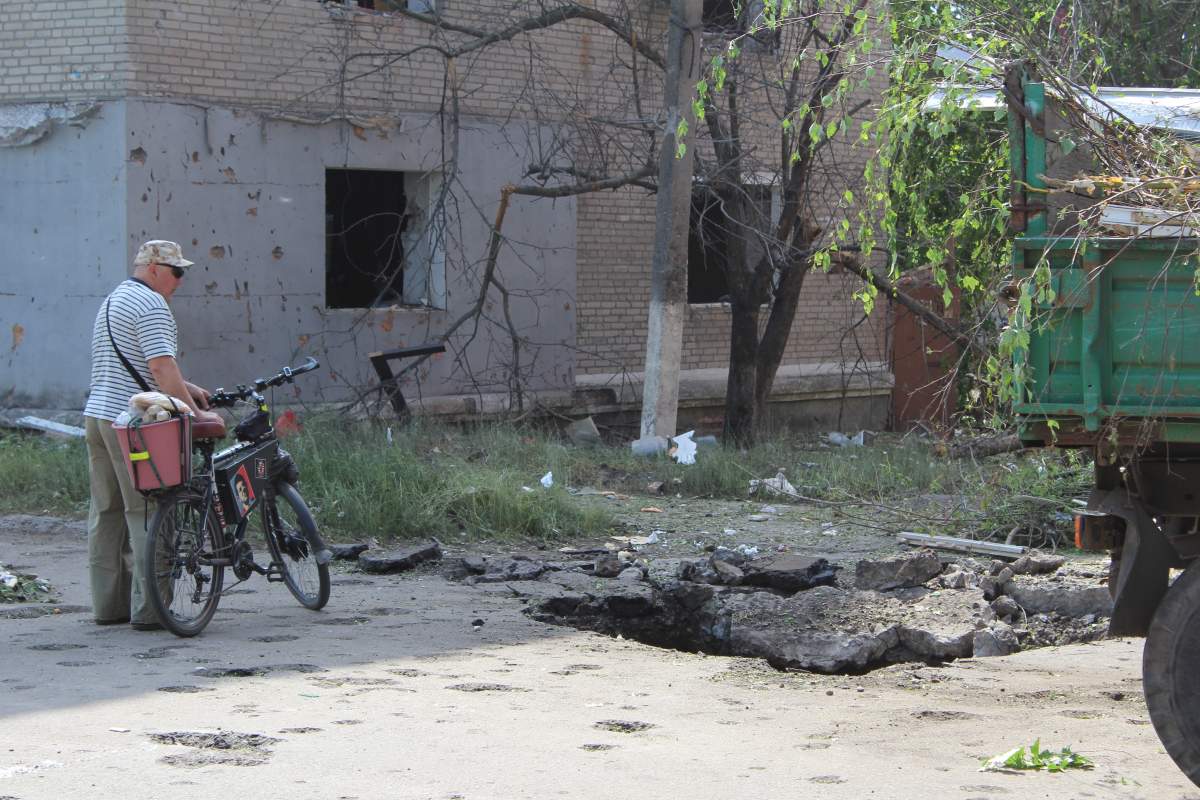
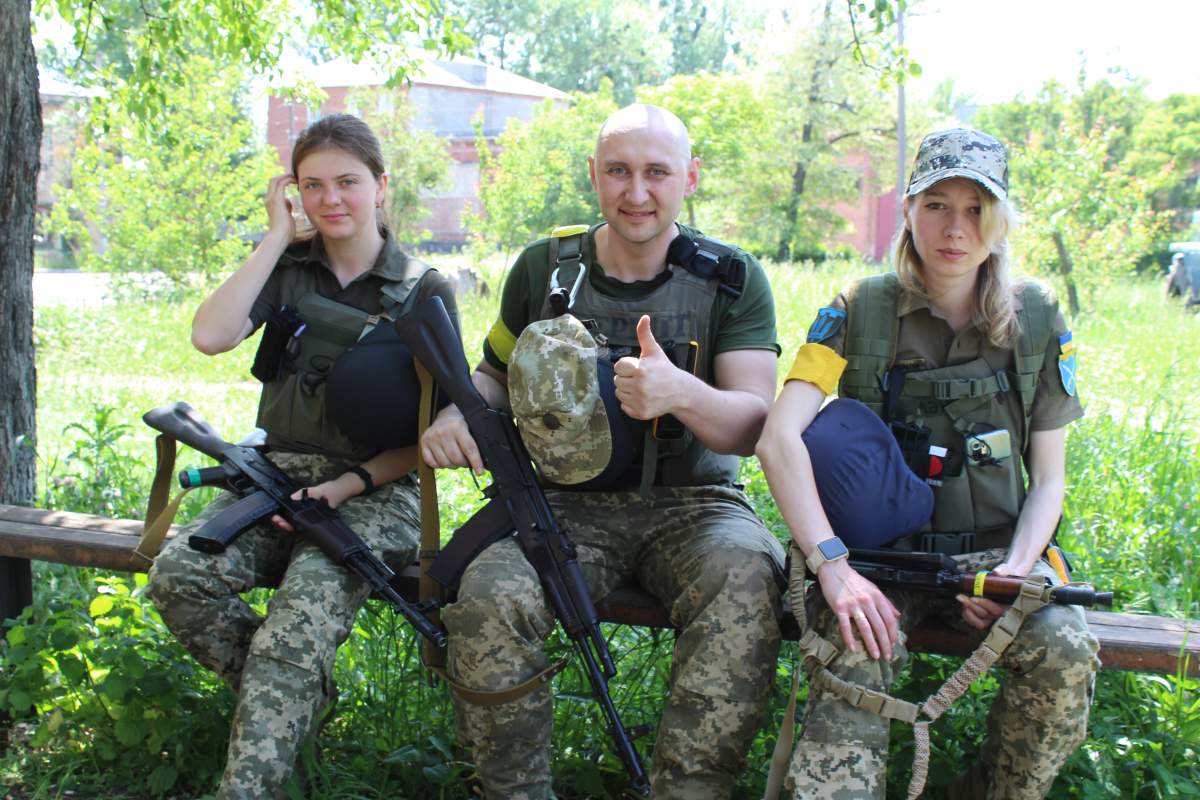
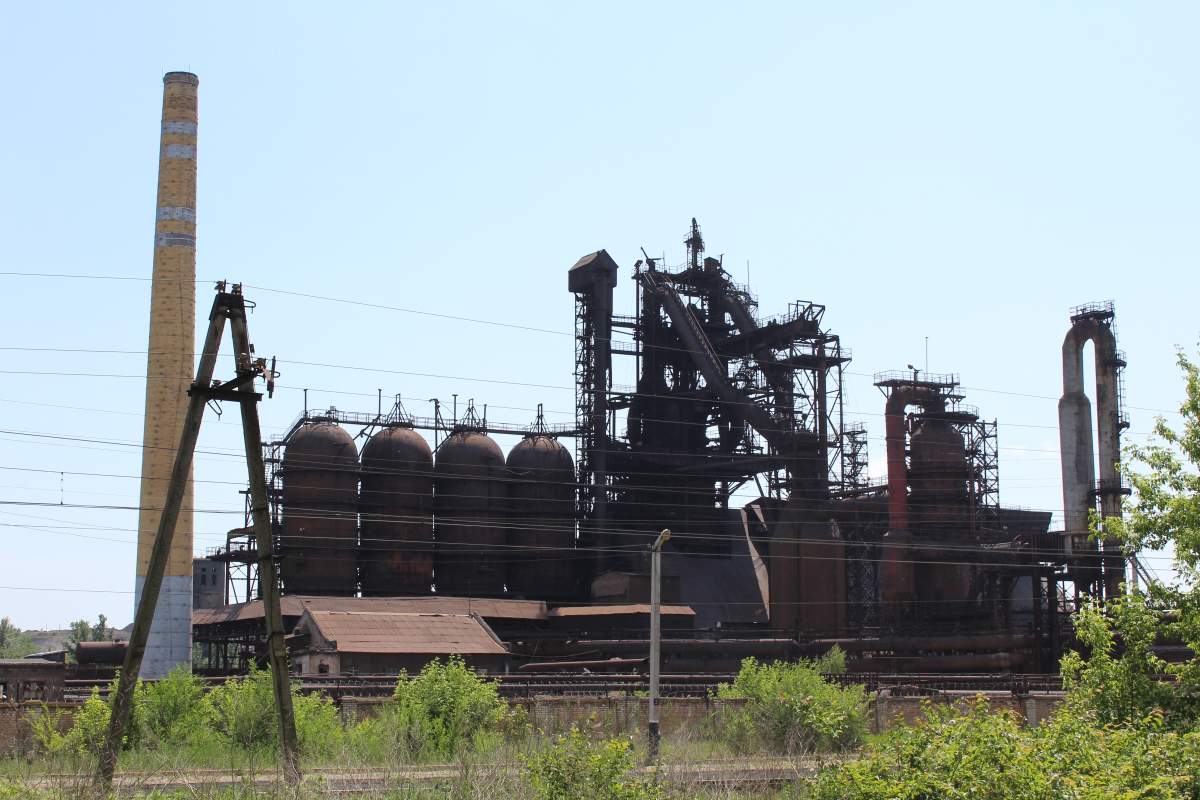
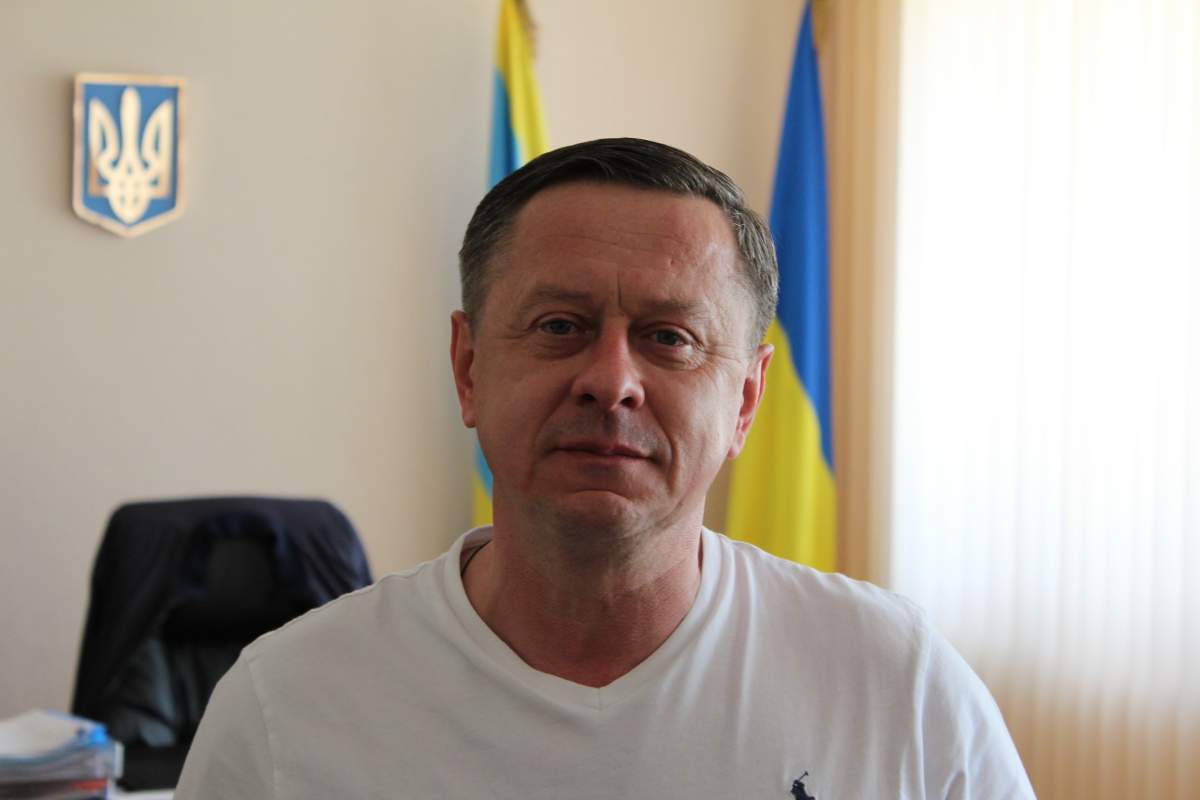
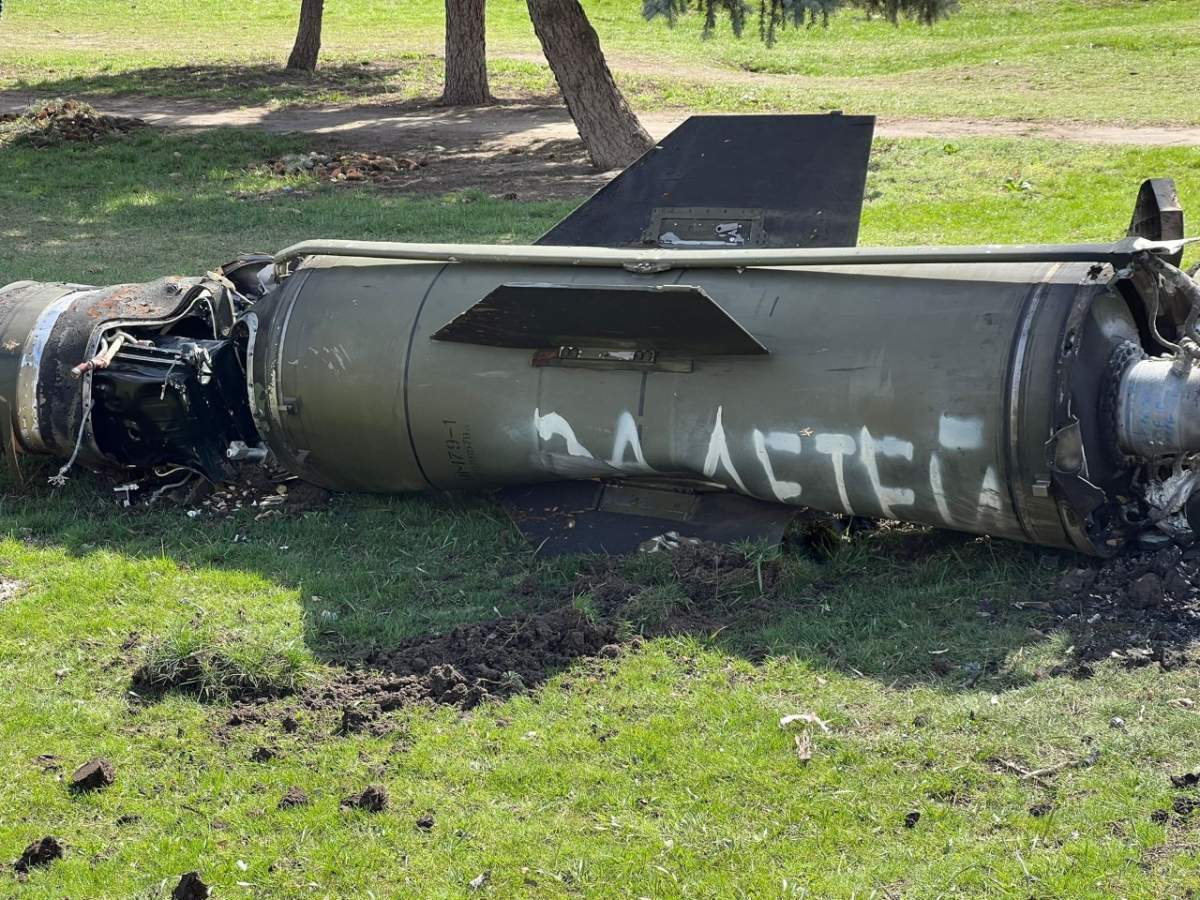


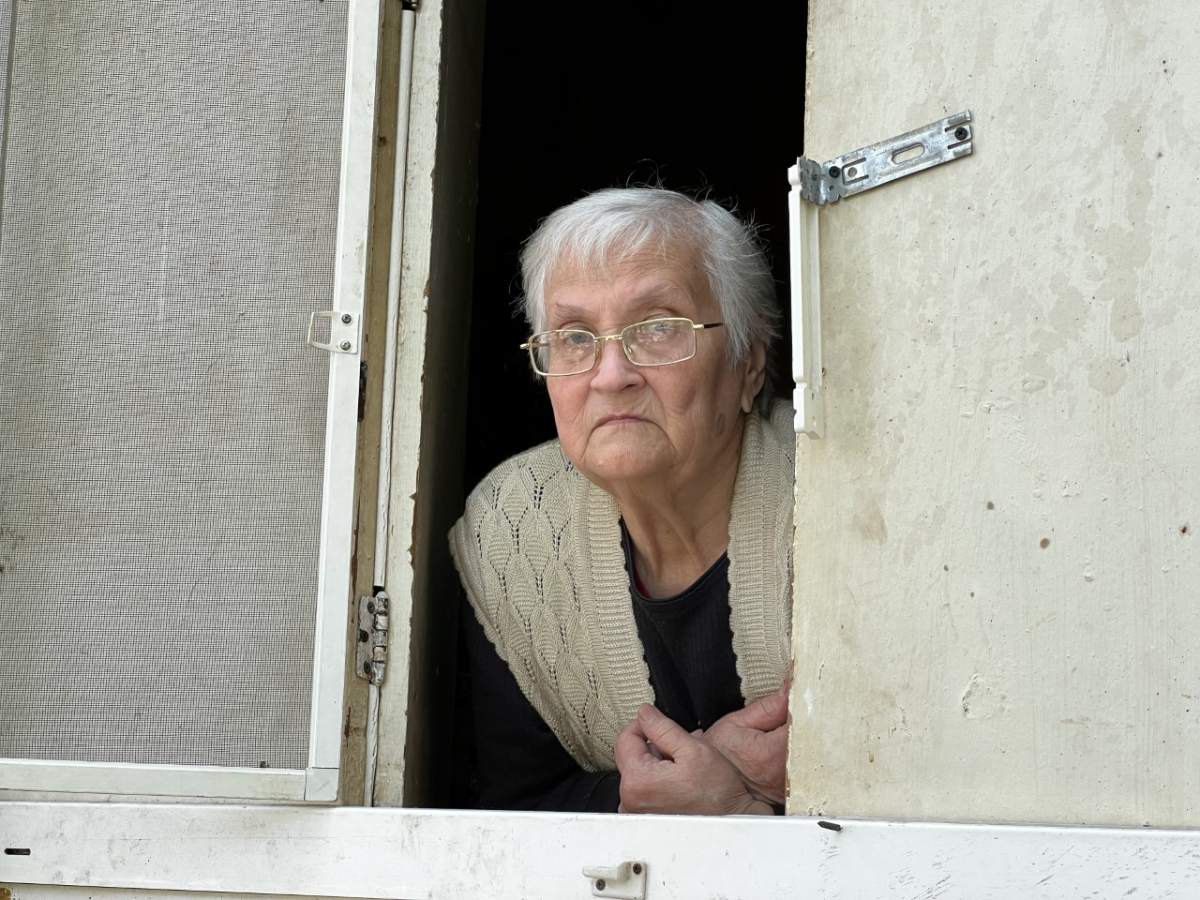





Comments
Want to discuss? Please read our Commenting Policy first.